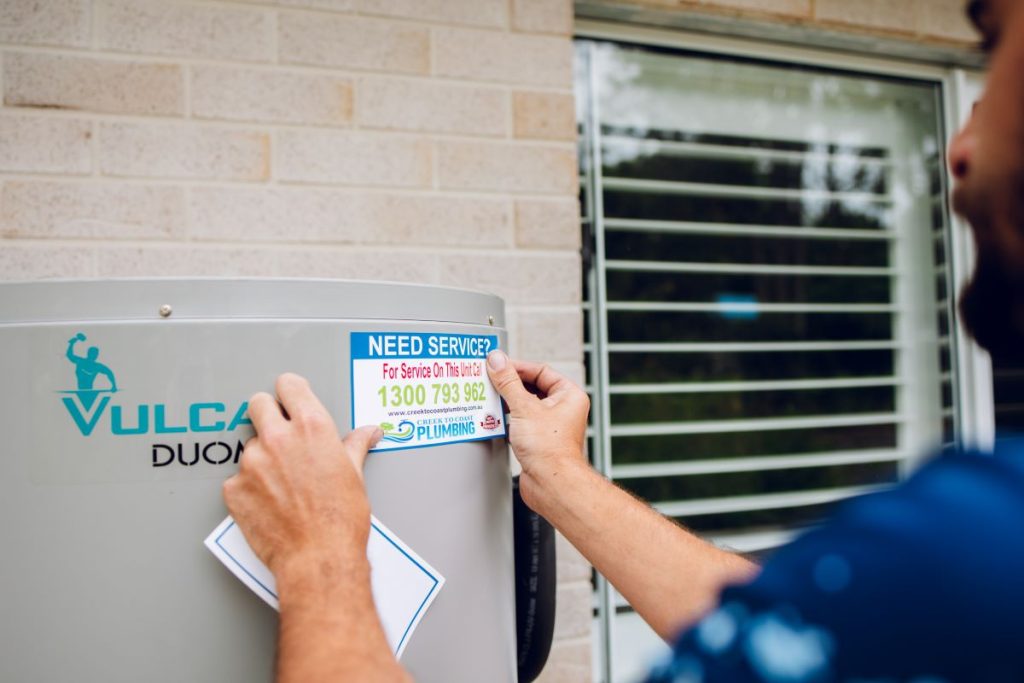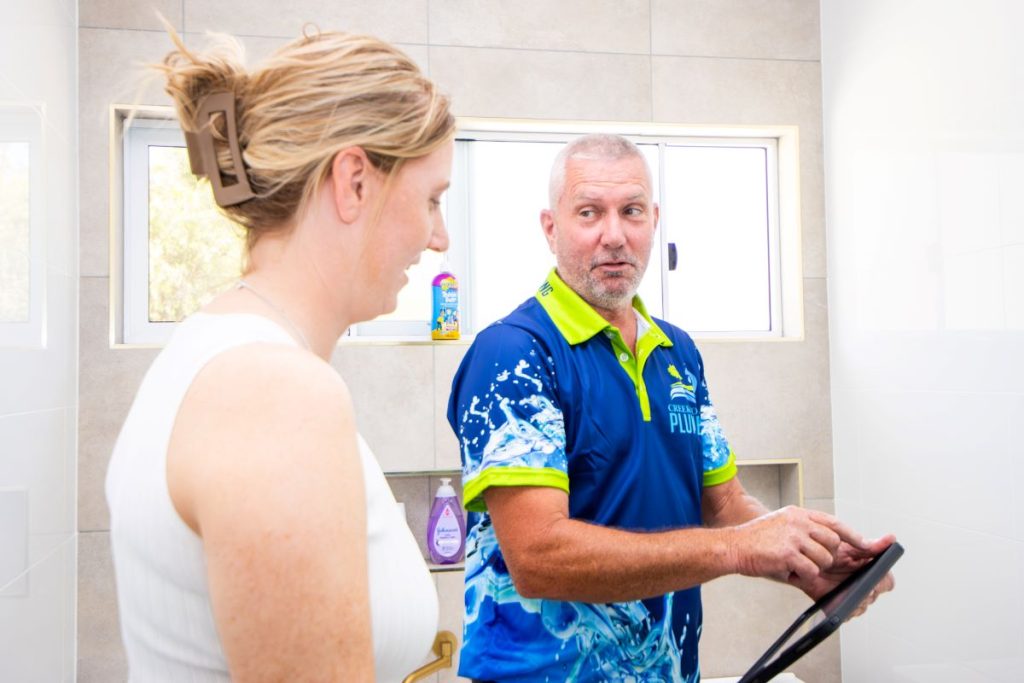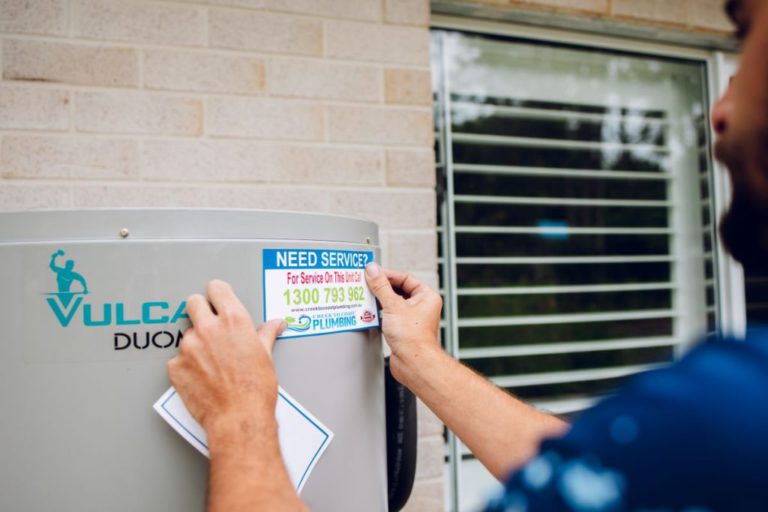Hot water systems play a crucial role in maintaining the comfort of your home by providing reliable access to hot water whenever you need it. However, much like other household appliances, these systems have a limited lifespan and will eventually require replacement. Being proactive in identifying the signs that your system is approaching the end of its operational life can help you avoid uncomfortable situations, such as unexpected cold showers, potential water damage to your property, and expensive emergency repairs that could disrupt your daily routine. Understanding these signs is essential for ensuring a smooth transition to a new system when the time comes.
What is the typical lifespan of different hot water systems? The lifespan of various hot water systems can vary significantly based on the specific type you have and the level of maintenance it receives. Regular inspections and proper care can greatly enhance the longevity and efficiency of your system, ensuring that you consistently have hot water available when you need it most. By being diligent about maintenance, you can extend the life of your system and maintain its performance, which is vital for household comfort.
Let’s delve deeper into the specifics to gain a clearer understanding of what you can expect from your hot water system.

Explore the Lifespan and Efficiency of Different Hot Water Systems
Here’s what you can generally anticipate regarding the lifespan and operational efficiency for the most common hot water systems found in Queensland homes:
Electric Storage Hot Water Systems
- Lifespan: 8–12 years
- Reasons for Failure: Common issues for electric storage systems include internal corrosion, worn out anode rods, and sediment build-up, all of which can hinder performance and efficiency as time goes on.
- Signs to Monitor: Watch for rusty or discoloured water, leaks near the base of the unit, or longer heating times, as these may indicate underlying issues that require immediate attention.
Gas Storage Hot Water Systems
- Lifespan: 8–12 years
- Reasons for Failure: Similar problems to electric models can occur with gas systems; however, they may fail sooner, particularly when exposed to salty coastal air, which accelerates wear and tear.
- Signs to Monitor: Be vigilant for pilot light issues, reduced water temperatures, or unexpectedly high gas bills, as these can indicate inefficiency or malfunctions that need addressing.
Instant Gas Hot Water Systems (Continuous Flow)
- Lifespan: 10–15 years
- Reasons for Longevity: These systems operate without a storage tank, significantly reducing the risk of corrosion and failures over time, making them a reliable option for many households.
- Signs to Monitor: Stay alert for inconsistent water temperatures, ignition issues, or a noticeable decrease in water flow rate, which may signal the need for professional servicing.
Electric Instant Hot Water Systems
- Lifespan: 10–15 years
- Common Issues: Failures can often be attributed to malfunctioning heating elements or thermostats, both of which can compromise the overall efficiency and performance of the system.
- Warning Signs: Be aware if your water fluctuates between hot and cold or takes longer than usual to heat up, as these could indicate underlying issues that require immediate attention.
Heat Pump Hot Water Systems
- Lifespan: 10–15 years
- Efficiency: These systems are renowned for their high energy efficiency, although they may be sensitive to climate conditions and specific installation locations, which can significantly influence their performance.
- Signs of Trouble: Warning signs may include louder than normal operation, lengthy heating cycles, or a spike in energy bills, suggesting the need for professional inspection.
Solar Hot Water Systems
- Lifespan: 15–20+ years for solar panels, 8–12 years for the storage tank
- Note: Generally, storage tanks tend to degrade faster than the solar collectors, impacting the overall efficiency and performance of the entire system.
- Signs to Monitor: Be cautious if the water fails to heat effectively on cloudy days, or if you observe rusty water or difficulties with the booster operation, as these may indicate the need for repairs.

Recognising the Warning Signs of a Failing Hot Water System
Even before reaching the expected lifespan, your hot water system may begin to exhibit warning signs that it is under stress. These concerning indicators may include:
- Fluctuating Temperatures
If your water takes longer to heat up or runs out more quickly than before, it could be time to investigate further and assess the health of your system. - Rusty or Discoloured Water
This often signals corrosion within the tank or a failing anode rod, both of which require immediate attention to prevent further damage and costly repairs. - Unusual Noises
Popping, gurgling, or banging sounds during the heating cycle frequently indicate sediment build-up inside the tank, which can negatively affect efficiency and overall performance. - Leaks or Pooling Water
Even a small drip can signal that your tank may be cracking or that the valves are beginning to fail, necessitating prompt inspection to avert more significant issues. - Higher Energy Bills
An ageing unit often struggles to produce the same amount of hot water, compelling it to work harder, which results in increased energy costs that can strain your budget.
Exploring How Seasonal Changes Influence Hot Water System Performance
In Queensland, the transition from warmer to cooler months can present significant challenges for older hot water systems. As outdoor temperatures drop, these systems must exert increased effort to maintain the desired water temperature. Those that are approaching the end of their lifespan may be particularly vulnerable to complete failure during this critical period, making it essential to monitor their performance closely.
Determining the Right Moment for Hot Water System Replacement
If your system displays any of the following characteristics, it may be an ideal time to consider a replacement:
- Over 10 years old
- Experiencing frequent breakdowns or requiring repairs
- Failing to meet your household’s hot water demands adequately
- Exhibiting visible signs of wear or corrosion
Recognising these indicators could signal that it’s time for an upgrade to a more reliable and efficient system.
At Creek to Coast Plumbing, we go beyond simply replacing your unit; we evaluate various factors such as your family size, water usage habits, energy preferences, and the layout of your property. This thorough assessment allows us to recommend the most efficient and cost-effective hot water system tailored specifically to your unique needs.

Making Educated Choices: Selecting the Perfect Hot Water System for Your Home
Based on your individual needs and household requirements, our expert team may recommend:
- Electric or Gas Storage systems for their reliability and cost-effectiveness, particularly suitable for traditional homes where consistent hot water is essential.
- Continuous Flow (Instant) systems that are ideal for smaller homes or households with lower hot water consumption, providing hot water on demand without the need for a storage tank.
- Heat Pumps that deliver substantial energy savings, especially beneficial in warmer climates where efficiency is a priority.
- Solar Hot Water systems designed for long-term cost savings and environmental sustainability, contributing to a greener lifestyle while reducing energy bills.
Additionally, we will assess whether the current placement of your hot water system is optimal or if relocating it could enhance performance and overall efficiency, ensuring you receive the best possible service tailored to your needs.
Seize the Opportunity to Upgrade Your Hot Water System
Replacing your hot water system at the right time is not only about preventing system failures; it also provides a chance to upgrade to a more reliable, energy-efficient model that better aligns with your lifestyle and needs. If your unit is showing signs of ageing or if you are uncertain about which system would best suit your home, the licensed plumbers at Creek to Coast Plumbing are ready to offer you expert assistance tailored specifically to your situation. This ensures you make the most informed choice for your household.
The Article: Hot Water System Lifespan: A Guide for Queensland Homes first appeared on https://writebuff.com
The Article Hot Water System Lifespan Guide for Queensland Homes Was Found On https://limitsofstrategy.com




